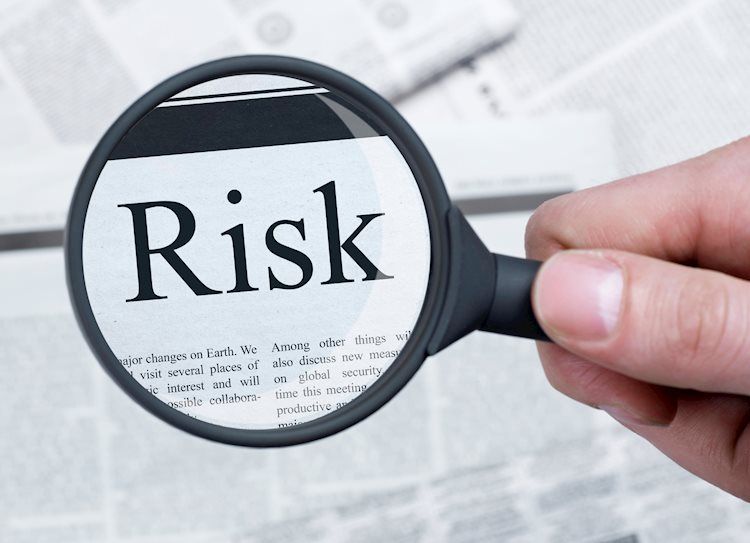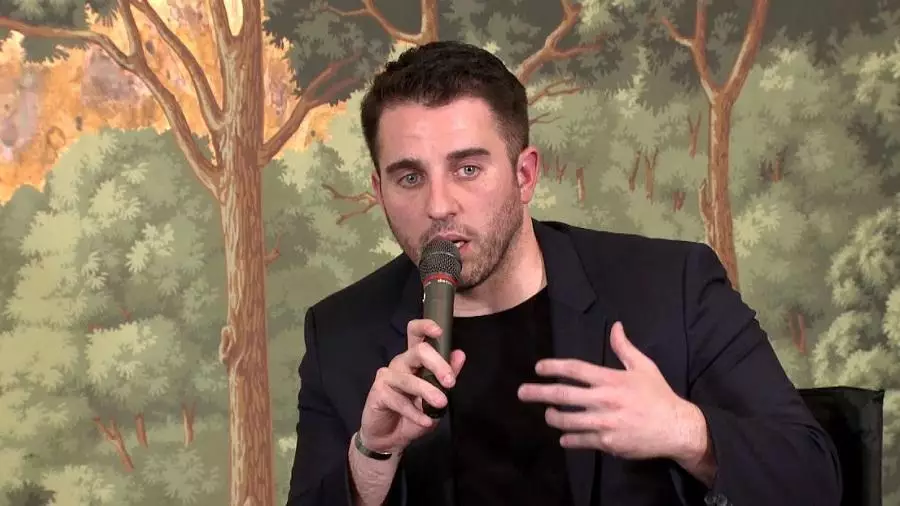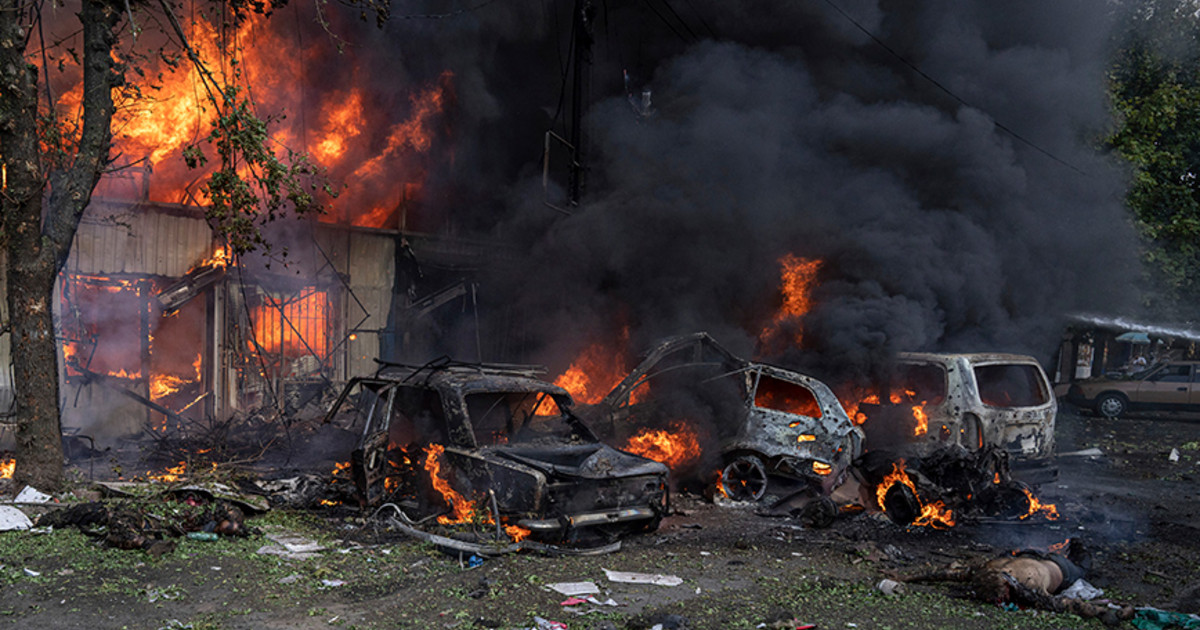the fourth editionCannabis event ion Thinking Legacy, organized by the Green Hub, brought together more than 40 speakers from Thursday (15) to Sunday (17) to discuss the legal cannabis industry’s support for the major social and environmental changes proposed by Agenda 2030, the global action plan. of the United Nations (UN) for sustainable development.
During the opening, the event was attended by Pedro Abramovay, lawyer and former secretary of Legislative Affairs at the Ministry of Justice and former interim minister of the portfolio. He participated in a discussion table mediated by CNN presenter and content manager, Letícia Vidica. During the conversation, they talked about the importance of combating social injustices that occur in Brazil, due to the illegal cannabis market.
According to him, the drug war policy needs to be fought because it is part of a system that privileges whites and criminalizes and punishes the black and poor population. “The judges themselves say that the criterion for arresting a person with a small amount of marijuana is his address. Depending on where she lives, if it’s on the outskirts, for example, it’s configured as traffic. This is unconstitutional,” Abramovay emphasized.
For the specialist, the war on drugs authorizes the police to kill, so it is important for the Judiciary to guarantee what is a crime and what is not. It is not up to the legislator to judge this, in its assessment. “That’s why it’s necessary to recognize this problem and denounce it”, he says.
On the economic and innovation potential of cannabis, the lawyer explains that the market already exists. “We want this wealth to makepart of the legal economy, to generate income and innovation. We have a creative and sustainable cannabis economyl, a cutting-edge food industry with the opportunity to transform this illegality into income generation and opportunities.”
Abramovay emphasizes that Brazil has the opportunity to create this sector from scratch and correct this social inequality in a sustainable way. That is why, he says, it is so important to have the regulation of these products.
He claims to see medical cannabis as an important way to de-stigmatize the topic. “In the United States, the regulation of cannabis-based medicines was the door for more people to accept industrial and sustainable use,” he said.
For the president of the Humanitas360 Institute, Patrícia Vilela, who opened the event on Friday morning (16), “having an event like this in its fourth edition shows the solidity of the proposal, the growing interest of the population in understanding, informing themselves , educate yourself, get out of prejudice, get out of the comfort zone of the privileged rich who can go and buy for those who cannot”.
“It demonstrates our democratic exercise and the appreciation of encounter and reunion”, he said.
Regarding to the position of Brazil on the world stage, Patricia says that “unfortunately we are the vanguard of backwardness”.
“But we are not happy with this place. that what is important. We are happy to discuss all of this. The fact that we took so long to have a law may have served as a learning curve with this delay. We are resilient, resistant to the ‘shut up’ that comesMost of us, resistant to being called potheads in a pejorative way and telling our candidates that we need these guidelines. This is an exercise in citizenship,” she said.

income generation
The Minister of Livestock and Agriculture of Paraguay, Santiago Bertoni, participated in the first round of debates of Friday and spoke about the family farming program that has helped to end illegality of cannabis production in the country.
He explained that the initiative integrates industrial production with a family farming project with families in extreme poverty and indigenous communities.
“The program generated a great economic and social impact for these communities that lived in poverty and illegality. Paraguay has 1.5 million people living in extreme poverty and this community that lived illegally, many ended up being arrested or removed from their properties. Nowadays they do the planting and cultivation of cannabis with the whole family so that the product is exported to the international industry,” he said.
In this way, the minister explained that the country managed to end crime and transform an illegal business into sustainable impact.
“In Brazil it would not be much different because it is an agricultural power like Paraguay. This program can easily be replicated here, generating raw material for supplements, food and cosmetics,” he said.
Bertoni added that Paraguay currently has 200 products of different categories regulated, with all registrations and 16 international certifications. “We are available to help and contribute as needed to Anvisa in order to put an end to all this illegality.”
historic repair
the second table of friday was attended by singer Marcelo D2, who said he was thrilled to see so many important and responsible people fighting for the cause. “In 1995, I was in Amsterdam and I realized how far behind Brazil was on this issue. I was a young man who felt the pain of illegality in his skin and when I decided to put together a band to sing about this subject I didn’t know what I was getting myself into”, he said.
He said he believes that the debate is important, especially for young people from the periphery and the favela who still suffer a lot from it. “People are arrested in the community for having 3 grams of marijuana, and I hope this event grows and we can bring more sectors of society to debate and commit to this change,” he said.
For Gabriella Arima, director of the Legal Network for Drug Policy Reform, knowledge and education can set people free. “In the discussion about drugs, there is a lot of misinformation and we need to fight this prejudice. Currently, in schools, it is terrorism, without explaining exactly what the benefits of cannabis are,” she said.
She emphasizes that historical redress needs to be at the center of the cannabis discussion. “It’s no use making a cannabis market for whites and the rich. We need to include those people who are already in the market.”
Source: CNN Brasil






